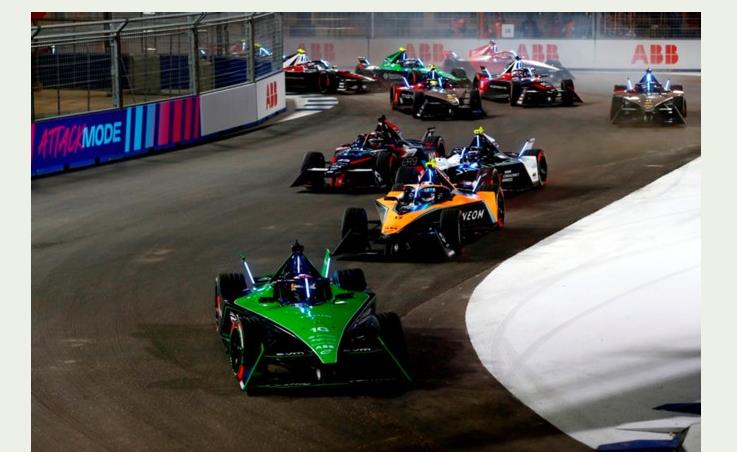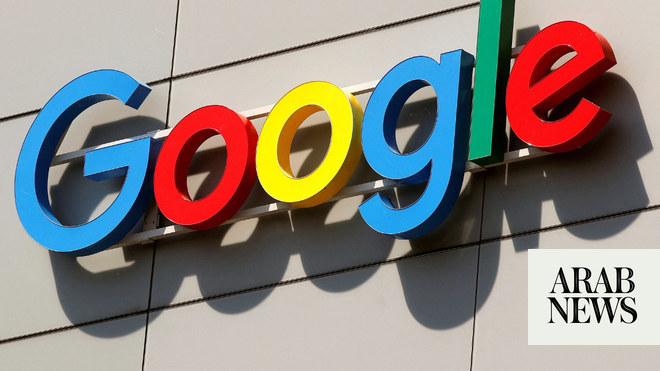
The Federal Trade Commission on Thursday refiled its antitrust case against Facebook, arguing the company holds monopoly power in social networking and renewing the fight to rein in big tech.
The agency also dismissed a request from Facebook that its chair, Lina Khan, step aside in the case because of her criticism of them in the past.
It was the second try by the FTC in its antitrust attack against Facebook. In June, a federal judge dismissed antitrust lawsuits brought against the tech giant by the agency and a broad coalition of state attorneys general.
In its dismissal, the court cited a lack of evidence that Facebook is indeed a monopoly. The decision marked a stunning setback for the FTC and others who favor antitrust action against the social media giant.
The refiling cited daily and monthly user metrics to demonstrate how Facebook since at least 2011 has maintained “a dominant share” of US social networking and maintains “durable monopoly power in social networking services”.
“Lacking serious competition, Facebook has been able to hone a surveillance-based advertising model and impose ever-increasing burdens on its users,” the FTC said in the refiling.
Facebook’s dominant position in the marketplace is also protected by “significant barriers to entry”, the complaint said – including “high switching costs”. In other words, users of the social network build connections and a history of posts they “cannot easily transfer to another personal social networking provider”.
The complaint said that Facebook’s nearest competitor is Snapchat, which has tens of millions fewer monthly users than either Facebook or its subsidiary Instagram, further indicating the company has an unfair market share. It also argued that TikTok does not qualify as a direct competitor to Facebook because it is primarily used to share content “to an audience the poster does not know” rather than engage personally with friends and family.
The complaint cited the company’s acquisitions of competing platforms such as Instagram, Path and Foursquare as evidence that it has used monopolistic practices to keep competitors at bay. It shared internal communications from Facebook about potential acquisitions – including that of Twitter and Snapchat – to show the company’s intent to ruthlessly scoop up competitors.
“Facebook lacked the business acumen and technical talent to survive the transition to mobile,” said Holly Vedova, the acting director of the FTC’s bureau of competition. “After failing to compete with new innovators, Facebook illegally bought or buried them when their popularity became an existential threat.”
The complaint is the first major action to be carried out by the FTC since Khan, a staunch advocate of antitrust measures, was appointed its chair in June.
Facebook had requested that Khan recuse herself, saying her past writings on the company proved she already had formed opinions on their business practices.
Khan, a 32-year-old antitrust scholar and law professor, in June became the most progressive commissioner in more than a decade to be appointed as chair of the FTC.
She has forcefully argued for the need to rein in powerful firms like Amazon, Facebook, Apple and Google, developing an antitrust argument that has revolutionized the way we think about regulating monopolies.
On Thursday, the FTC made it clear Khan will not recuse herself from the case.
“As the case will be prosecuted before a federal judge, the appropriate constitutional due process protections will be provided to the company,” the agency said in a statement.
The FTC suit comes as Facebook and other tech giants face an onslaught of legislative action over alleged anticompetitive behavior. In 2020, Google, Amazon and Facebook were all targeted by antitrust lawsuits, and executives from the companies faced multiple grillings from Congress.
A spokesman for Facebook in a statement called the new filing “a meritless lawsuit”, adding the original case was dismissed because “there was no valid claim that Facebook was a monopolist – and that has not changed”.
“We fight to win people’s time and attention every day, and we will continue vigorously defending our company,” he said.
Facebook has until 4 October to formally reply to the complaint.











